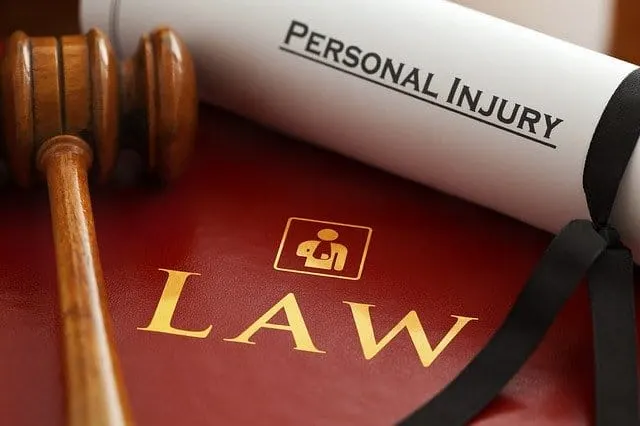
Whether you need a good attorney of law for your company or for your family matter, it’s always best to understand a few aspects of their job first. Just like most other professions, the law also has various specializations and each lawyer is experienced in a particular field.
So depending on your needs, you’ll have to choose a lawyer specializing in your area of requirement. But what factors do you take into consideration before finally choosing a good lawyer? There are almost 66,211 practicing solicitors in Australia, so choosing one can be really tough.
However, these tips below will help you find some clarity.
- Experience
This will obviously be the first item to be checked on your list. Since every legal case varies, you should pick a lawyer who has quite a lot of experience in the area you’re dealing with. Not only will this lawyer have a thorough understanding of the law but will also give you tips on how to win the case.
They will also be familiar with the local court system, which can be an advantage. In contrast, new lawyers are often lacking in experience and underprepared to tackle tough cases.
This doesn’t mean that you never choose a new lawyer; just make sure that when you’re interviewing the lawyer, they answer confidently.
- Location
This should be the second thing on your list. Where the lawyer’s office is located will play an important part in your case because that will be related to how accessible the lawyer will be.
Imagine driving to a lawyer’s firm for over an hour just to discuss formalities for a few minutes. It’s not only a waste of money but also your precious time.
So always try to look for lawyers that live near you. For instance, if you’re a resident of Melbourne, look for commercial, employment, or family lawyers in Melbourne. However, it’s advisable to look for a lawyer who practices in only one state.
- Billing and representation
All law firms have both senior and junior lawyers. When you hire a lawyer or a firm, you need to be sure of their position in the company and their level.
If your budget is tight and you feel any lawyer can represent you, then you should go for just the legal assistant or the paralegals. But many times, a bit of extra payment can fetch you the services of the most reputed and experienced lawyers.
When you interview the lawyer, make sure they are transparent about their billing and representation details. Or else, you’ll find a lot of secret or hidden charges in the documents later that will be an added burden for you.
- Flexibility
Flexibility is another important element when hiring a good lawyer. Is the lawyer flexible with your schedule, provided you have a hectic one? Are you comfortable with the lawyer’s own schedule? Many times, the top lawyers of a firm often have very busy schedules so you’ll have to adjust your time accordingly.
Make sure you and the lawyer have an open conversation regarding this. Also, check if the lawyer wishes to communicate with you via your preferred methods of contact, such as emails or phone calls. Try to avoid text messages since they are unprofessional and risky at times.
- Credibility
Credibility is the last major thing you need to check off when interviewing the lawyer. If a lawyer seems too good to be true, they probably are.
Check which firm or organization they have worked with before. If you’re in need of a credible attorney, ask your friends or family members to recommend someone. Look up online for the lawyer and see what other clients have said about them.
Don’t be afraid to ask the lawyer about their past experiences or cases but make sure you don’t ask too many personal questions. A lawyer’s reputation is critical to your case, so you want to make sure to hire a credible one.
Over to you…
Any attorney with a polite and professional personality can be a good fit for you. The most important thing is to check how compatible you both are. Since many legal proceedings go on for long periods of time, you both should be comfortable with each other in the long run and make sure the communication happening is transparent.
- Sagittarius Man & Gemini Woman Love and Sex Compatibility - January 31, 2024
- Taurus Ascendant Rising Personality Traits in Men (Guide) - January 31, 2024
- How to Seduce and Attract a Sagittarius Man (Seduction Tips) - January 31, 2024
